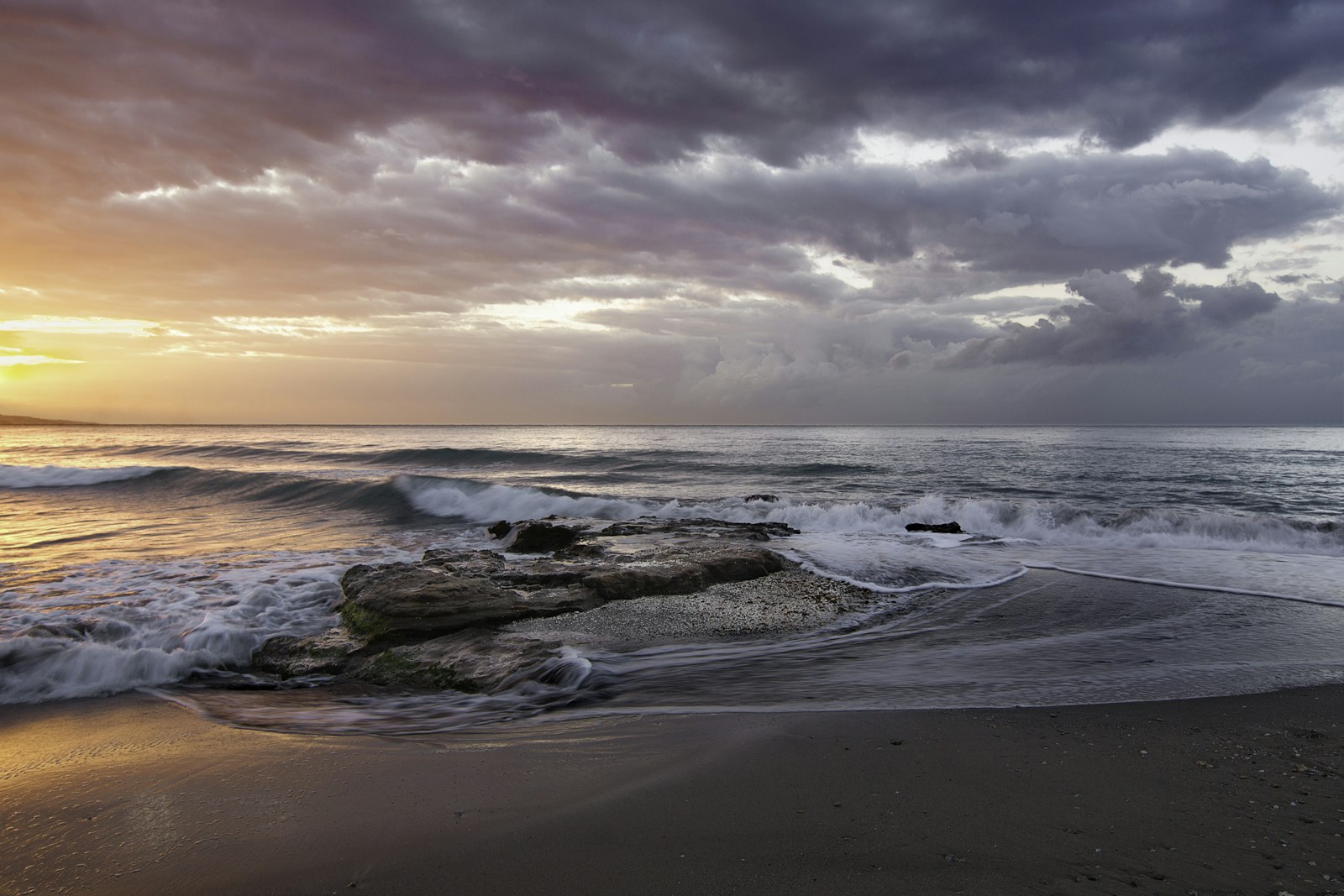
spiaggia

beach
The Italian word 'spiaggia' is used exactly like the English word 'beach'. It refers to a pebbly or sandy shore, especially by the ocean between high- and low-water marks. For example, 'Vado alla spiaggia' means 'I go to the beach'.
Example sentences using: spiaggia
Vado alla spiaggia ogni pomeriggio.

I go to the beach every afternoon.
This statement expresses a recurring activity, specifically the speaker going to the beach every afternoon. In Italian, 'Vado' is the first person singular present tense of the verb 'andare', which means 'to go'. 'Alla' is a preposition that indicates 'to the'. 'Spiaggia' means 'beach' and 'ogni pomeriggio' means 'every afternoon'.
La spiaggia è molto affollata oggi.

The beach is very crowded today.
This sentence describes the state of the beach. In Italian, 'La' is a definite article that translates to 'the' in English. 'Spiaggia' means 'beach'. 'È' is the third person singular present of 'essere' (to be). 'Molto' means 'very', 'affollata' is the feminine form of the word for 'crowded', and 'oggi' means 'today'.
Mi piace la sabbia della spiaggia.

I like the sand of the beach.
This sentence describes the speaker's preference for beach sand. In Italian, 'Mi piace' translates as 'I like'. 'La sabbia' is 'the sand'. 'Della' is a preposition which means 'of the'. 'Spiaggia' is 'beach'. Therefore, the phrase directly translates to 'I like the sand of the beach'.